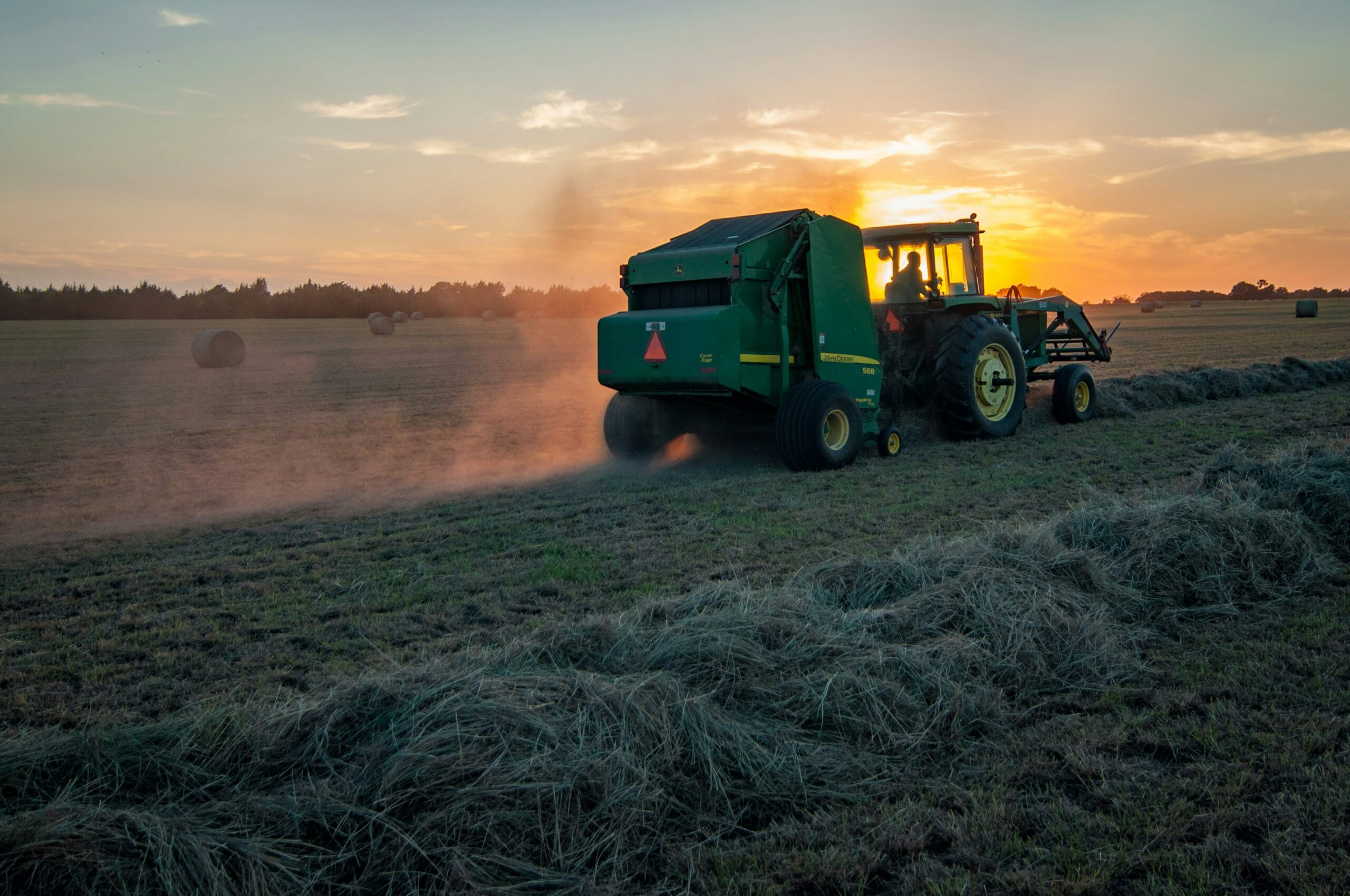
The agricultural industry, long rooted in tradition, is undergoing a profound transformation driven by the need for sustainability, efficiency, and resilience. As the global population surges and climate change intensifies, new strategies and technologies are reshaping how food is grown, harvested, and distributed. These revolutionary changes address critical challenges while ensuring the sector remains viable and productive.
Embracing Precision Agriculture
One of the most significant advancements in agriculture is the rise of precision farming. This approach leverages advanced technologies like GPS, sensors, and data analytics to optimize farming practices. By collecting real-time data on soil conditions, weather patterns, and crop health, farmers can make informed decisions tailored to specific sections of their fields.
For example, instead of applying fertilizer uniformly, precision agriculture allows for targeted nutrient delivery, reducing waste and improving crop yields. This method not only boosts productivity but also minimizes environmental impact by lowering the use of chemical inputs. As the tools become more affordable and accessible, precision farming is set to become a cornerstone of modern agricultural practices.
The Role of Biotechnology
Biotechnology is another game-changer, offering innovative solutions to longstanding agricultural challenges. For instance, genetically modified organisms (GMOs) have enabled the development of crops resistant to pests, diseases, and extreme weather conditions. Such advancements ensure more stable harvests even in unpredictable environments.
Moreover, breakthroughs in gene-editing technologies like CRISPR are opening new doors for customizing plants to thrive in specific climates or soil types. These developments are not just about improving yields but also enhancing nutritional content. For example, biofortified crops such as vitamin-A-rich golden rice aim to address malnutrition in developing regions.
Automation and Smart Machinery
The labor-intensive nature of farming has often been a barrier to efficiency. However, automation and robotics are changing the game. From autonomous tractors to robotic harvesters, machines are now performing tasks with unparalleled precision and speed.
Innovative machinery equipped with AI capabilities can monitor crop health, detect weeds, and even identify the optimal time for harvest. These tools significantly reduce labor costs and human error while allowing farmers to focus on strategic decision-making. Automation provides a vital solution to maintaining agricultural productivity in regions facing labor shortages.
Sustainable Farming Practices
Sustainability is at the heart of modern agricultural innovation. Farmers increasingly adopt eco-friendly methods to reduce their carbon footprint and preserve natural resources. Practices like regenerative agriculture focus on improving soil health through cover cropping, crop rotation, and reduced tillage. These methods enhance soil fertility and sequester carbon, contributing to climate change mitigation.
Water conservation techniques such as drip irrigation and rainwater harvesting are helping farmers manage resources more effectively. With freshwater supplies becoming scarcer, these practices are critical to ensuring the longevity of agriculture in arid and semi-arid regions.
The Digital Revolution in Agriculture
Digital tools are transforming the way farmers manage their operations. Powered by cloud computing, farm management software allows farmers to monitor and control every aspect of their business on a single platform. These tools streamline processes and enhance productivity, from tracking inventory to forecasting yields.
Mobile apps are also making a significant impact, particularly in remote areas. Farmers can now access real-time market data, weather forecasts, and best practices at their fingertips. This democratization of information empowers small-scale farmers, enabling them to compete in global markets and make more informed decisions.
The Promise of Vertical Farming
Urbanization has reduced the availability of arable land, prompting the rise of vertical farming. This innovative approach involves growing crops in vertically stacked layers, often in controlled indoor environments. Vertical farming uses less land and water, producing higher yields than traditional methods.
Vertical farms can grow crops without soil by incorporating hydroponic or aeroponic systems, using nutrient-rich water solutions instead. These farms are particularly suited for urban centers, where they can provide fresh produce with minimal transportation costs and carbon emissions.
Tackling Climate Change with Agri-Tech
Climate change poses an existential threat to agriculture, but technology is helping farmers adapt. Early warning systems using satellite imagery and AI can predict droughts, floods, and pest outbreaks, giving farmers time to prepare.
Climate-resilient seeds, developed through advanced breeding techniques, are another critical tool. These seeds are designed to withstand extreme temperatures, prolonged droughts, and unpredictable rainfall patterns, ensuring food security in a changing world.
Furthermore, carbon farming initiatives are gaining traction. By adopting practices that capture and store carbon dioxide in the soil, farmers can contribute to global efforts to combat climate change while earning additional income through carbon credits.
Enhancing Supply Chain Efficiency
Revolutionizing agriculture goes beyond production; it extends to the supply chain. Blockchain technology is being used to enhance transparency and traceability in food production. By recording every supply chain step, from farm to table, blockchain ensures accountability and builds consumer trust.
Innovative logistics solutions, such as automated storage and distribution systems, reduce food waste by ensuring that perishable goods reach markets quickly and efficiently. These advancements are particularly vital in addressing the global issue of food insecurity.
A Future of Possibilities
The agricultural industry is at the forefront of innovation, blending traditional knowledge with cutting-edge technology. From precision farming and biotechnology to digital tools and sustainable practices, these strategies revolutionize how food is grown and distributed.
Adopting these transformative strategies will be crucial as the world faces complex challenges like population growth, climate change, and resource scarcity. The future of agriculture lies in embracing innovation to create a system that is not only productive but also equitable and environmentally sustainable. By continuing to invest in these advancements, humanity can ensure a secure and thriving agricultural sector for future generations.